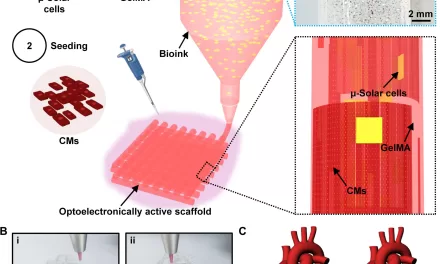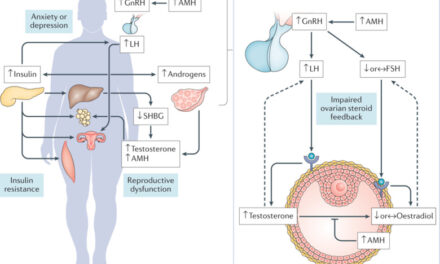
A study published in Nature reveals that individuals suffering from long-term COVID-19 exhibit specific blood biomarkers. This breakthrough could pave the way for the development of accurate blood tests, enabling tailored treatments for those affected, according to researchers.
Lead author and Director of the Abilities Research Center at Icahn Mount Sinai Health System, David Putrino, PhD., hails this as a significant stride towards establishing reliable testing protocols for long-term COVID.
Researchers, hailing from the Icahn School of Medicine at Mount Sinai and Yale School of Medicine, examined blood samples from approximately 270 individuals between January 2021 and June 2022. The cohort included those who had never contracted COVID, those who had fully recovered from an infection, and those still experiencing symptoms four months post-infection.
Employing machine learning, the research teams achieved a 96% accuracy in distinguishing between individuals with and without long COVID based on distinct features in the blood samples, as stated in a Mount Sinai news release.
The study noted abnormal T cell activity and reduced levels of the hormone cortisol in individuals with long COVID. Cortisol plays a crucial role in maintaining alertness and wakefulness, potentially explaining the common fatigue reported by those with long COVID, as reported by NBC News.
Putrino emphasized that this finding was one of the most significant distinctions between individuals with and without long COVID.
Additionally, the study found that long COVID appears to reactivate latent viruses such as Epstein-Barr and mononucleosis.
These blood tests have the potential to guide physicians in formulating tailored treatments for individuals presenting a diverse range of long COVID symptoms, Putrino added. He cautioned, however, that there is no universal remedy for long COVID due to its complex involvement with intricate systems like immune and hormonal regulation.
According to the CDC, approximately one in five Americans who contracted COVID continue to experience long COVID. Symptoms encompass fatigue, cognitive impairment, dizziness, gastrointestinal issues, and loss of smell and taste.











